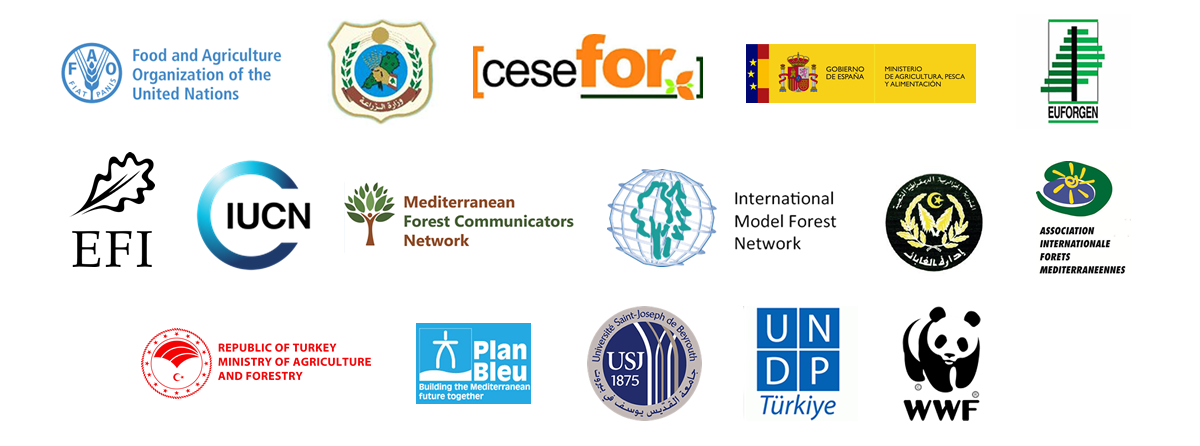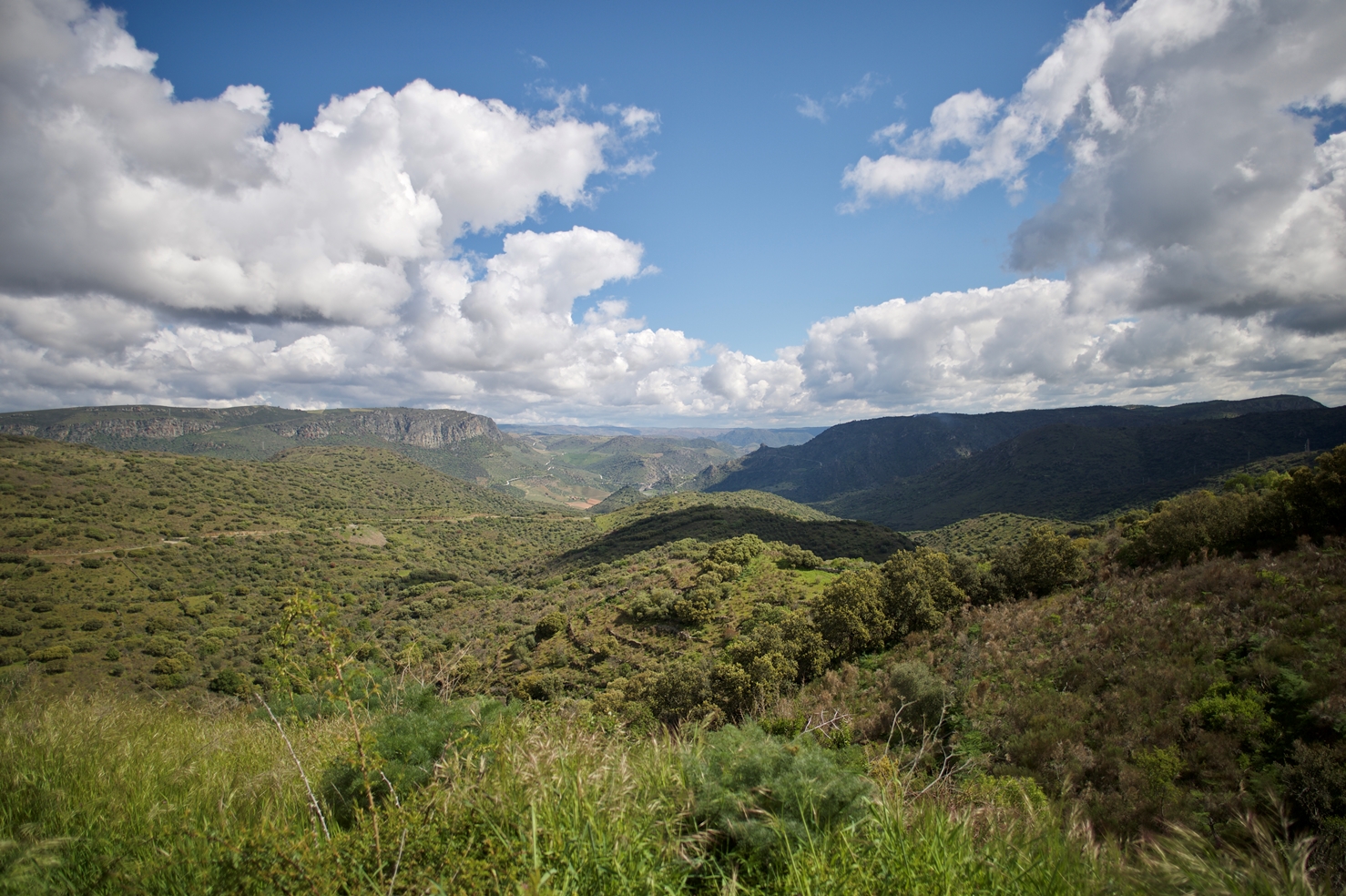Plenary Session 4: Enabling conditions - monitoring
This session focused on forest monitoring as a major enabling condition to implement forest-based solutions.
Monitoring what: forest monitoring systems are necessary to assess the impact of Forest and Landscape Restoration, for forest carbon accounting at the national level, to assess Land Degradation Neutrality, or as early warning systems on forest health (alert on diseases and pest attacks). Forest monitoring systems can thus operate at different spatial and temporal scales depending on the forest variables to monitor. Why monitoring: forest monitoring systems are particularly important from the long-term perspective (e.g., long-term impacts of FLR), which has implications on the forest-based solutions to be favored (e.g., importance of the forest genetic material from a long-term perspective) and on the expected cost-benefit of these forest-based solutions.
The session explored synergies, including: to which extent can efforts on forest-monitoring systems for different variables (carbon, FLR impact, LDN targets, forest health, etc.) be synergized?
The session also explored concrete tools and protocols to solve monitoring frameworks and tried to answer the problem of scale and how to integrate or harmonize national data into regional databases or on a regional scale.
Objectives
• Show that different monitoring systems are vital to implementing results-based mechanisms;
• Promote integration between monitoring mechanisms to avoid duplication of efforts.

About 6th MFW
Silva Mediterranea
Forestry Policy and Resources Division (FOA)
Food and Agriculture Organization of the United Nations



